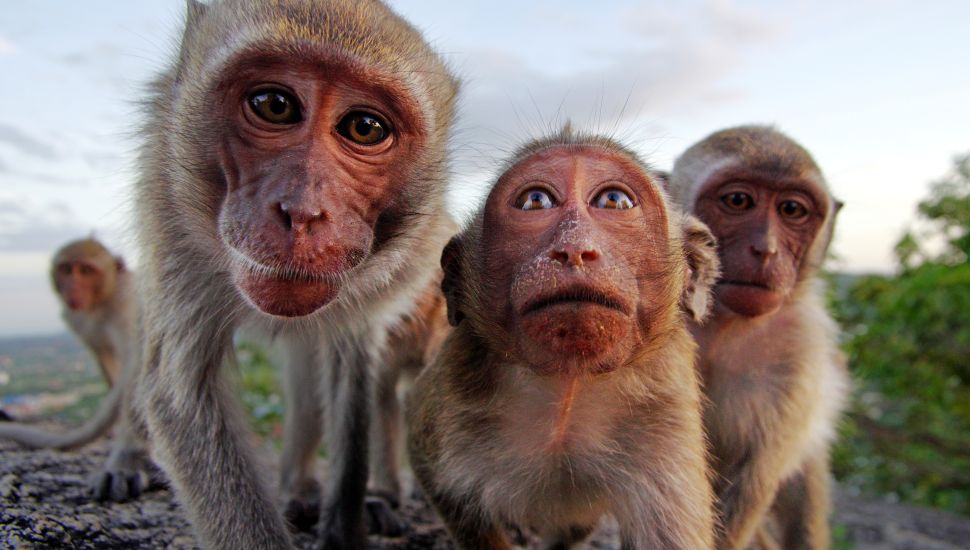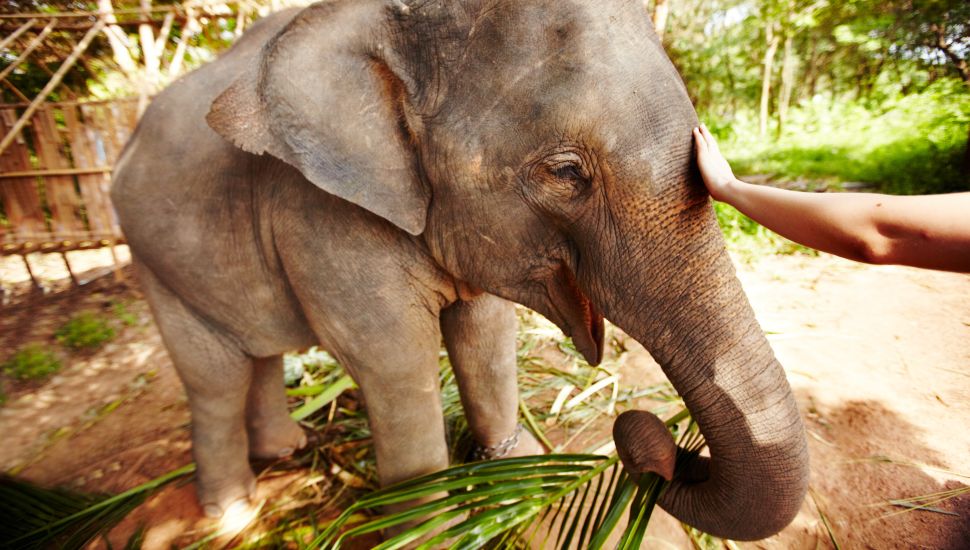Is Voluntourism Really a Force for Good?
The volunteer holiday industry has seen exponential growth in recent years, forming the centrepiece of many a gap year. But while gap year students occupy the lion's share of placements, volunteer holidays are becoming increasingly popular among all age groups, fuelled by a desire to help people, fauna and flora of all stripes.
Almost all volunteer projects require some kind of payment, ranging from a minor admin fee, to hundreds of pounds per week - sometimes well in excess of the cost of a regular holiday of the same length, in the same destination.
The notion of paying to provide your labour can be perplexing, but in the vast majority of cases these payments cover food and accommodation, with most of the remainder funding the organisation itself - whether that be a zoo, an orphanage, a school, or a hospice.
That said, there is increasingly a commercial aspect to the volunteer business, with ever-flashier volunteer middlemen springing up, keen to organise your overseas volunteer trip - invariably topped up with a decent profit for themselves.
While the majority of programmes are well run and legitimate, not all voluntary programs are what they seem. In Cambodia, for example, a number or bogus or otherwise suspect orphanages have been set up for the sole purpose of attracting well-meaning westerners to give donations. For a certain fee, some such establishments let foreigners 'volunteer' to teach or otherwise take care of the children. Some studies have suggested only a minority of such children are genuine orphans, with some having been ‘bought' to populate the orphanage.
One report by South African and British academics highlighted the practice of "Aids orphan tourism" in southern Africa. Among the issues it raised in this particular case - and voluntourism in general - are that such projects may:
- Prevent locals from getting jobs, because well-off westerners have paid to undertake certain work.
- Lead to already-traumatised children becoming emotionally attached to foreigners, who invariably go home after a relatively short period.
- Involve under-funded institutions spending time and resources looking after westerners.
Of course, all of the above serves as a powerful reminder to thoroughly research any volunteer project before you sign up.
In order to be certain you volunteer for a legitimate cause, you could sign up with a UK Government-funded programme, such as ICS. 90% of each programme is paid for by the Department for International Development (DFID), with the remaining 10% raised by the volunteer themselves. In short, such projects do not require you to pay anything - with flights, visas, vaccines and food all covered.
Otherwise, here are three reputable volunteer projects to put on your ‘maybe' list.
Monkeys, Cats & Birds in Bolivia

CIWY - runs three wildlife sanctuaries in the heart of Bolivia. Volunteers can feed and help take care of a variety of primates, cats and birds. One day might involve looking after orphaned capuchin monkeys, the next might be spent cleaning out cages. The work is hard and varied.
Two weeks costs around £215.
Elephant Nature Park, Thailand

Many Thai elephants end up in trekking camps or circuses, which result in brutal lives for these majestic beasts. Elephant Nature Park offers a refuge, where volunteers can sign up to bathe, feed and nurse abused or wounded elephants.
One week cost around £284.
Vultures, Croatia - Beli Visitor Centre

Take care of endangered birds of prey on the ravishing Adriatic island of Cres, where griffon vultures are struggling to survive. As a volunteer you will feed baby vultures, check nests to ensure no youngsters have fallen into the sea and look after the bigger birds. On days off you can explore the numerous spellbinding ruins and nature trails, as well as enjoying a little dolphin spotting.
Short educational workshops can be booked for a small fee. Contact the centre directly to learn about volunteer projects.
Get a Quote